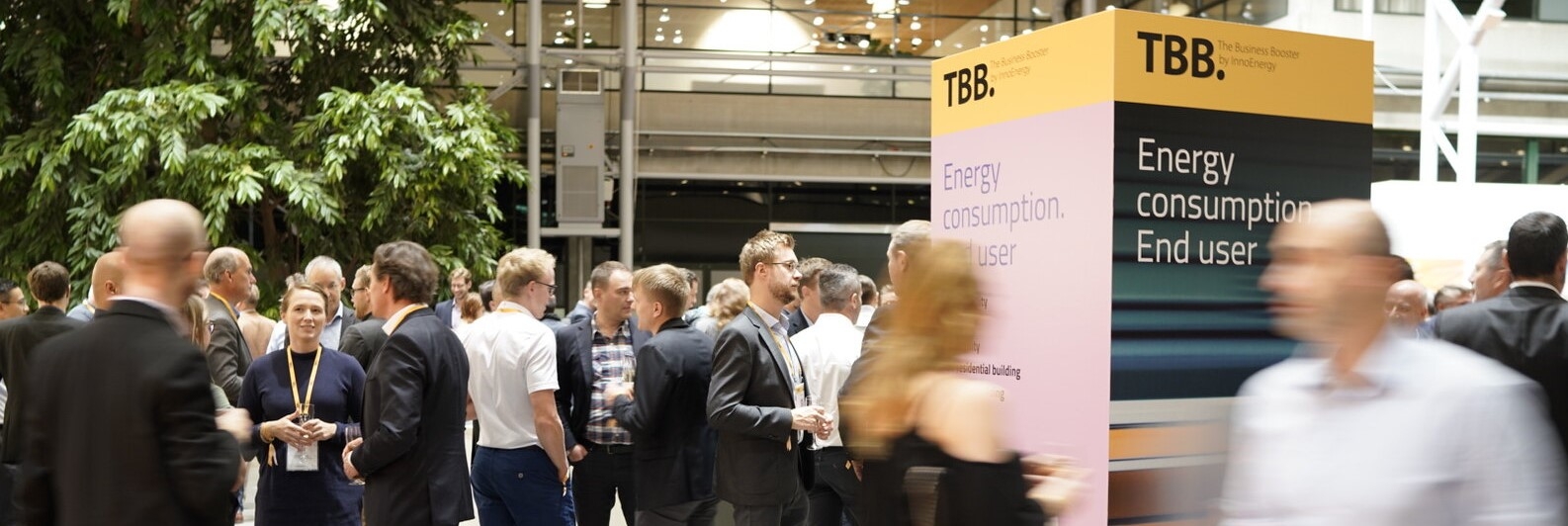InnoBlog: Growing sustainable through online opportunities

Over the week of 20 April, We Don’t Have Time [1] organised 3 hours of webinars every day on climate and energy transition, bringing together a myriad of speakers, entrepreneurs and journalists to shed light on some current major topics. These online opportunities during COVID-19 times remind us how interconnected each and every sector is hence the urgency to make every sector more sustainable.
The fight against climate change is not only fought on the international stage. It is in equal measure fought through the choices we as EIT InnoEnergy students, our local leaders and businesses make. A sustainable society is not a pipe dream. It is constantly realised through local innovation and initiative. Let me share with you some of the learnings that I had through these online activities:
Banking Sector
Today’s banking sector is still operating on a debt basis. We can raise so much money for investments because this money is actually borrowed from the bank, which will only be nullified when paid back in the future. Banks make their profits from interest levied on the loans given out. During economic slowdown or pandemics, banks reduce the amount of loan given out, causing an internal feedback of pushing the slowdown even further.
Organisations such as Bankers for Climate and 2 degrees investing initiative are trying to change the banking sector to meet the climate goals set during the Paris agreement. By setting up a list of frameworks and types of projects to invest in, these organisations help make public, the banks that are sustainable and ones that are not.
I have personally had the opportunity to network with EIT InnoEnergy alumni in banks such as Nordea, who are working on green investments in developing countries. Being from an engineering background,I did not realise that such opportunities exist and can have a massive impact on investments in renewable energy projects. These networking activates hence form the crux to understand what really goes on behind job and industry titles.
Circular Economy
Owing to the abundance of raw materials and increasing ease of importing and exporting goods, the manufacturing sector is based on a linear production format of Take – Make – Dispose. Converting this to a circular model, where the wastes are recycled back into the system, is the long-term sustainability goal every corporation must aim to adhere to.
Another concept closely related to circular economy is also the level of consumption. Traditionally, we have been trained to think, the more we have, the richer we are. It is natural to think evolving in profession means consuming more and consuming bigger. This does not have to be the case. We as consumers are the ones driving fast fashion, meat consumption and energy, as well. With reducing demand, supply is bound to decrease, look at the oil tankers stranded in the middle of the coronavirus situation for example! By adopting a life of quality over quantity, we can bring circularity in every aspect of our lives, driving change in the industries.
Most of the courses in universities associated with EIT InnoEnergy bring in the concept of circular economy. By fully analysing the life cycle of an energy system or battery for example, the impacts of even clean energy resources are debated during the sessions. That is what is great about studying in universities that are in the forefront of the sustainable revolution!
Local Governments
Often, we see local municipalities leading in actions against climate change. This is highly because change at a smaller scale is easier to adopt and monitor. Furthermore, the government that is closest to where we reside, is the local government. At this stage, we as citizens of the locality and future leaders in the energy sector can have a major influence!
It is the small battles that will ultimately help us fight global warming and climate change! At EIT InnoEnergy we learn how small changes and innovations can cause a chain reaction. COVID-19 is now pushing us, within and beyond our Master’s programmes, to tap into online networking opportunities. Make the best use of them because they can serve as inspiration to try and push for sustainability and circular economy at every level possible.
By Malavika Venugopal, EIT InnoEnergy Master School student

